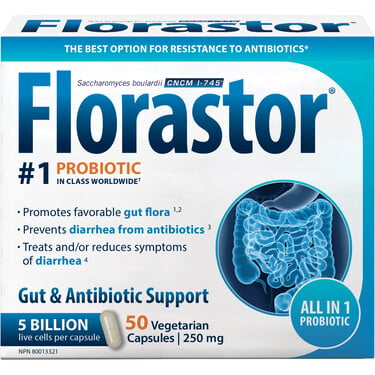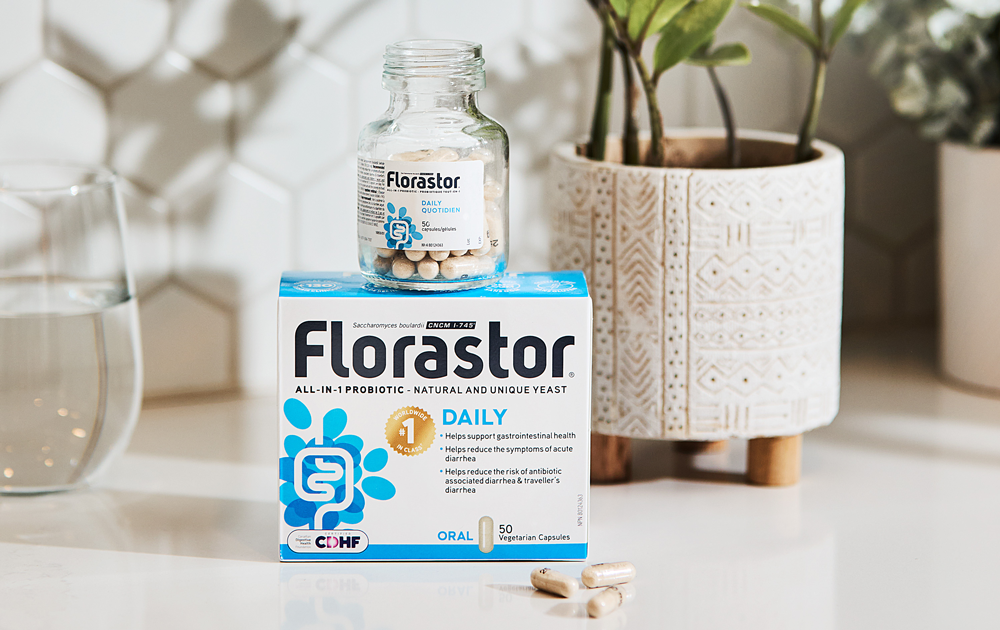The term dysbiosis refers to sub-optimal state of one’s gut microbiome where an imbalance exists between good and bad bacteria.
By its technical definition, one or more of the following things have taken place:
- A decrease in beneficial, healthy types of bacteria
- An increase in potentially harmful types of bacteria
- An overall loss of diversity in the gut microbiome (not a good thing!)
In today’s post we will help you to understand both the causes and consequences of dysbiosis but even more importantly what can be done about it from the diet, lifestyle and supplemental perspective.
Let’s get to the good stuff!
Causes of dysbiosis
These include:
- Diet quality
- Smoking/Nicotine
- Physical Activity
- Antibiotic Use
- Infection History
- Genetics
- Pre-existing Conditions
- Sleep Quality
More on these factors to come when we discussed what can be done to improve dysbiosis.
Consequences of dysbiosis
The consequences of an imbalanced gut microbiome may manifest in both the short and long-term.
For example, people living with dysbiosis may be more likely to experience symptoms such as gas, bloating, compromised nutrient absorption, brain fog, decreased mood, bodily inflammation and more – such is the impact of the gut microbiome on human health and functionality.
Any imbalance in the gut microbiota (dysbiosis) may potentially lead to negative health outcomes in the future:

As a registered dietitian I am also keenly aware of the fact that dysbiosis is frequently tied into insulin resistance and thus is often present in common conditions like fatty liver disease, PCOS and type 2 diabetes – among others.
In fact, scientists have observed clear trends and differences between the microbiomes otherwise healthy people and those with living with various health conditions.
This is unsurprising on some levels because the microbiome is a complex community which has a massive role to play in maintaining the immune system and because each “community member” has an important role to play, disturbances to the microbiome open us up to increased risk of adverse effects, infections and even disease.
Overcoming dysbiosis
In practical terms it’s probably best to breakdown dysbiosis chronologically.
Dybiosis can arise over time in those who have inadequate dietary patterns, are sedentary and have poor sleep habits – for example.
Evaluating your performance in those areas is a very reasonable starting point for an otherwise healthy person who wants to elevate their gut and overall health.
If I could offer up some guidance from the dietary perspective, I’d have you turn towards more prebiotic-rich foods.
Prebiotics are specific types of fibre and antioxidant compounds that have an above average ability to facilitate the growth and flourishing of your gut microbiome.
They also happen to be found in foods that have an otherwise exceptional nutrient profile.

- Legumes such as chickpeas, lentils, beans and peas
- Vegetables such as asparagus, garlic, onion and cabbage
- Fruits such as apples, peaches, pears, oranges and bananas
- Nuts/Seeds such as cashews, flax, pistachios and almonds
- Starches like whole wheat bread, barley, oatmeal and even leftover* pasta, rice and potato
*the act of cooking/cooling changes the starch in these foods increasing prebiotic potential
While diet and lifestyle optimization may do wonders to improve the state of your gut microbiome in the long-term, it is often the case that dysbiosis brought about acutely (short-term) may require more targeted interventions.
That’s where Florastor comes in.
Florastor for dysbiosis
As much as the state of one’s microbiome is reflective of long-term factors like diet, lifestyle and genetics – it also has the potential to be affected in the short-term:
- Antibiotic-use, which quite quickly kills both good and bad bacteria, is a great example.
- Pathogenic bacterial infections, such as those brought about by H. Pylori or C. Difficile, are other great examples.
In all cases, disturbances to the gut microbiota increase the risk of negative consequences like diarrhea.
Florastor’s unique probiotic strain, Saccharomyces boulardii CNCM I-745, has been demonstrated in multiple studies to be effective at restoring the gut microbiome after short-term disturbances such as those discussed above (1,2).
As a result, Florastor promotes a healthy gut flora, fights back against intestinal imbalance and strengthens your immune system.

The confidence in these claims stems from over 65 years of research involving over 130 clinical trials including recommendation from reputable gastroenterological organizations across the world such as the:
- The Canadian Digestive Health Foundation (CDHF)
- The World Gastroenterology Organization (WGO)
- The European Society for Paediatric Gastroenterology Hepatology and Nutrition (ESPGHAN)
A friendly reminder that Florastor’s Saccharomyces boulardii CNCM I-745 probiotic strain is derived from yeast present in mangosteen and lychee and is vegetarian, gluten-free and non-GMO.

 Andy De Santis,
Andy De Santis,


